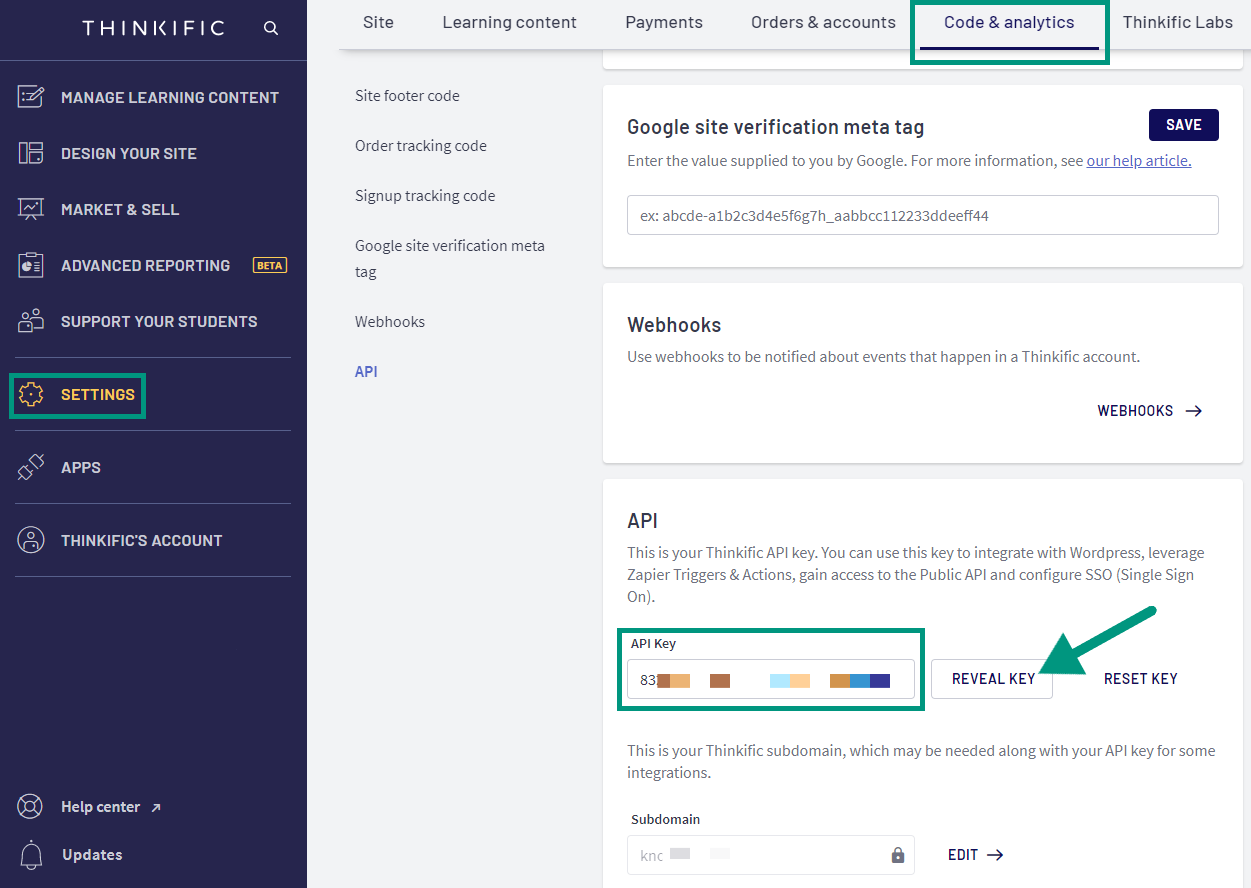
Is it OK to share API key
Sharing your API keys should only be done in specific scenarios where it is necessary and where you trust the person or business that will be receiving them.
What happens if someone gets your API key
Stolen or accidentally exposed API keys and secrets can easily be exploited by threat actors and used to access sensitive information, impersonate your mobile app or make API calls on its behalf.
Can anyone use my API key
However, experts do not consider API keys to be secure enough on their own. This is for a few reasons: API keys can't authenticate the individual user making the request, only the project or application sending the request. API keys are like passwords — only effective if the owner stores them securely.
Can I share my API secret key
Always use a unique API key for each team member on your account. An API key is a unique code that identifies your requests to the API. Your API key is intended to be used by you. The sharing of API keys is against the Terms of Use.
Is it illegal to use someone else’s API key
Is it illegal to use someone else's API key Yes, it is illegal; until it is public & the author has no issue with you if you run reverse engineering on their API.
Is API key a private key
API keys include a key ID that identifies the client responsible for the API service request. This key ID is not a secret, and must be included in each request. API keys can also include a confidential secret key used for authentication, which should only be known to the client and to the API service.
What can someone do with my API
Stolen Authentication
One of the simplest ways to access an API is to hijack the identity of an authorized user. For example, if an authentication token falls into the wrong hands, it can be used to access resources with malicious intent while appearing legitimate.
Is API key public or private
There are two main types of API keys: Public API keys: These are usually generated by the owner of the application and made available to developers or users. They allow developers to access public data or features of an application. Private API keys: Private keys are used in server-to-server communications.
Should API key be public
If you're building a GCP application, see using API keys for GCP. When you use API keys in your Google Cloud Platform (GCP) applications, take care to keep them secure. Publicly exposing your credentials can result in your account being compromised, which could lead to unexpected charges on your account.
Should I keep my API key secret
API keys are generally not considered secure; they are typically accessible to clients, making it easy for someone to steal an API key. Once the key is stolen, it has no expiration, so it may be used indefinitely, unless the project owner revokes or regenerates the key.
Is using a private API illegal
Generally, legally, an API is not considered to be "intended for public consumption" unless it's actively documented as a public API, with specified terms of service.
What happens if your API key is leaked
API keys and secrets are essential for authenticating and authorizing access to distributed services, such as cloud platforms, microservices, or third-party APIs. However, if they are exposed or leaked, they can pose serious security and operational risks for your applications and data.
Is it OK to expose Google API key
When you use API keys in your Google Cloud Platform (GCP) applications, take care to keep them secure. Publicly exposing your credentials can result in your account being compromised, which could lead to unexpected charges on your account.
What can an attacker do with API key
Risks and Consequences of API Keys Exposure
This means the attacker can see all the information provided by the API. The attacker can then modify and update all the information – files, workflows, contacts, pipelines – related to the API.
Can someone hack with an API
API hacking is a type of security testing that seeks to exploit weaknesses in an API. By targeting an API endpoint, you as an attacker can potentially gain access to sensitive data, interrupt services or even take over entire systems. It's said that more than 80% of all web traffic is now driven through API requests.


